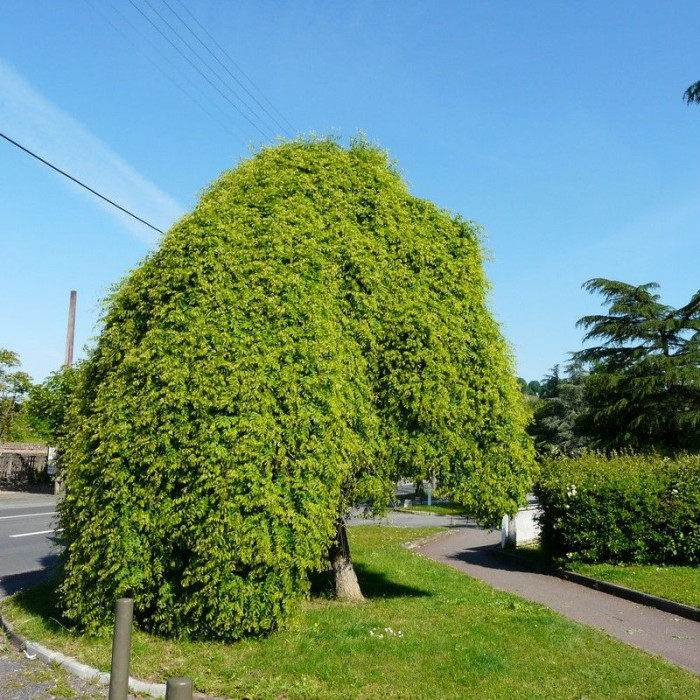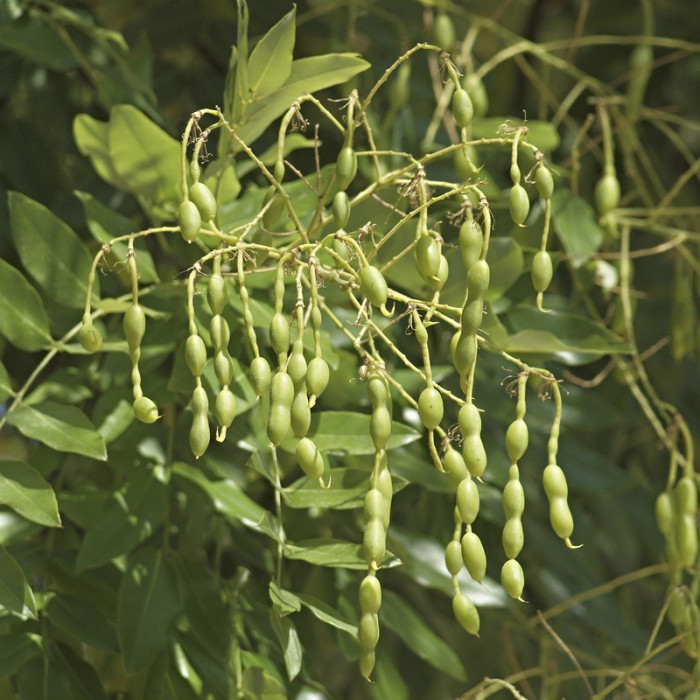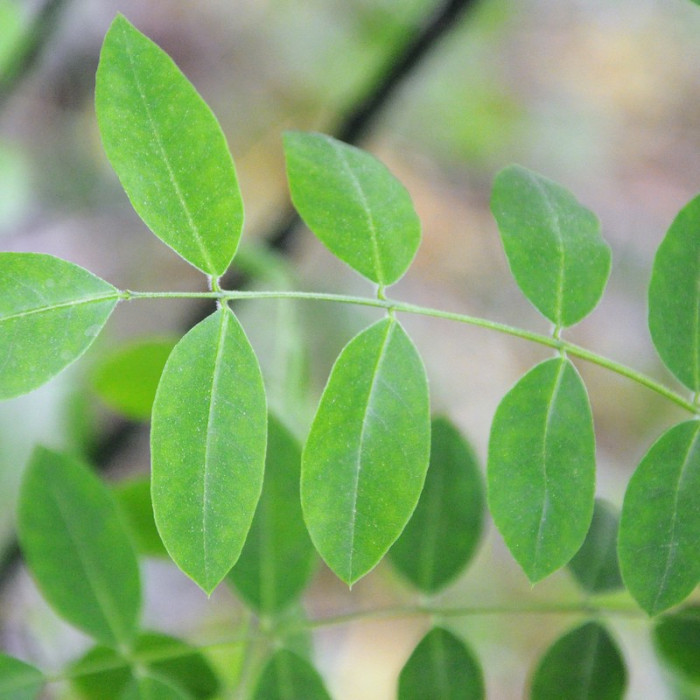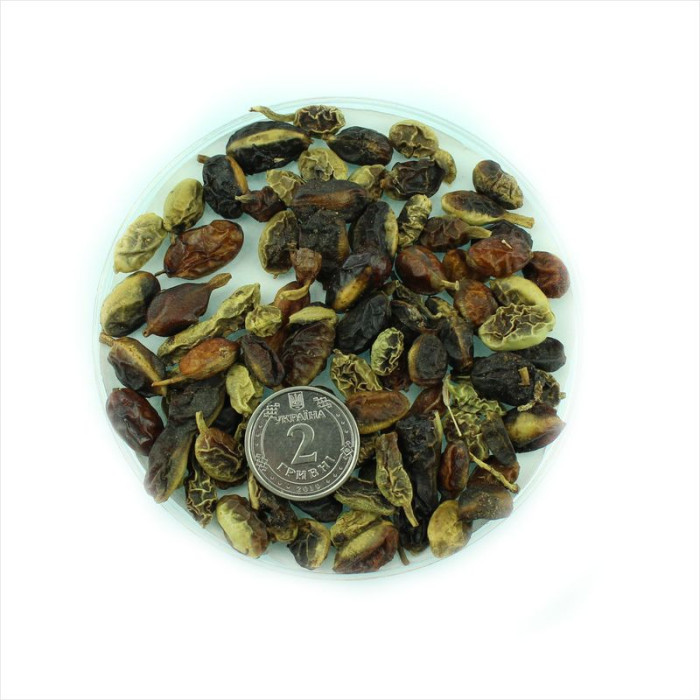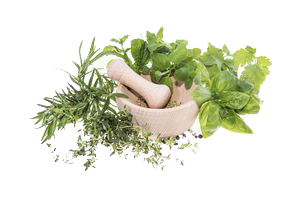Japanese pagoda tree (sophora japonica), also known as the Chinese scholar tree and pagoda tree / Styphnolobium japonicum - is a deciduous tree widely cultivated as an ornamental and honey plant. It is valued for its luxurious foliage and fragrant summer flowers. However, all parts of the plant (except flowers) are highly poisonous.
Tree up to 25 m tall with a wide spherical crown. The bark on old trunks is dark gray with cracks. Young branches are green, without thorns. The leaves are pinnately compound, 11-25 cm long, the leaves are 9-17, oblong-ovate, 2-5 cm long. The flowers are yellowish-white, fragrant, collected in loose panicles, reaching a length of 35 cm. It blooms every two years in July - August.
The fruit is a juicy indehiscent cylindrical bean with bead-like thickenings, greenish-brown at first, and reddish when ripe, 3-8 cm long. The fruits ripen in September - October and stay on the tree all winter.
It is found wild in China and Japan. Widely cultivated in urban plantations, parks, squares, roadside plantings. The plant is thermophilic. Japanese Sophora is, like many medicinal plants, one of the poisonous plants.
Agrotechnics and cultivation from seeds of Japanese Sophora is not difficult and is similar to the cultivation of similar leguminous plants.
For medical purposes, the buds and fruits of the tree are used. Sophora japonica buds are harvested in dry weather after the dew has dried at the end of the budding of this plant (in June-July), when some of the buds at the base of the inflorescence begin to bloom. At the same time, inflorescences with still immature light green fleshy and juicy fruits are carefully broken off, the seeds of which are just beginning to darken.
Before drying, the branches of inflorescences are separated from the fruits and discarded. Dry in attics with good ventilation or in a dryer at a temperature of 25-30 ° C, stirring occasionally. As soon as the branches of the inflorescences become brittle, the drying is stopped. Medicinal raw materials are stored for 1 year.
Unlike thick-fruited and yellowish Sophora, Japanese Sophora is a rather tall tree (up to 25 meters) with a dense spreading crown. And it has nothing to do with those two sophoras.
Native to Japan and China, this tree is very reminiscent of the white locust. For medicinal purposes, unblown flower buds and fruits are used. A tincture of them is used in folk medicine to strengthen blood vessels, with internal bleeding of various origins, with angina pectoris, atherosclerosis, diabetes mellitus, hypertension, rheumatism, hemorrhagic diathesis, capillary toxicosis, sepsis, thrombophlebitis, diseases of the stomach and duodenum, ulcerative colitis, liver diseases, hemorrhoids.
Sophora preparations have wound healing properties, accelerate tissue regeneration, reduce capillary permeability and fragility, and increase the body's ability to absorb ascorbic acid. The fruits have a bactericidal effect against Staphylococcus aureus and Escherichia coli. Sophora tincture is prescribed orally for the treatment and prevention of hemorrhages, is taken orally with increased blood pressure, pulmonary tuberculosis in the initial stage, with paraproctitis (inflammation of the fiber around the caecum), stomach and duodenal ulcers, dysentery.

No questions about this product, be the first and ask your question.


